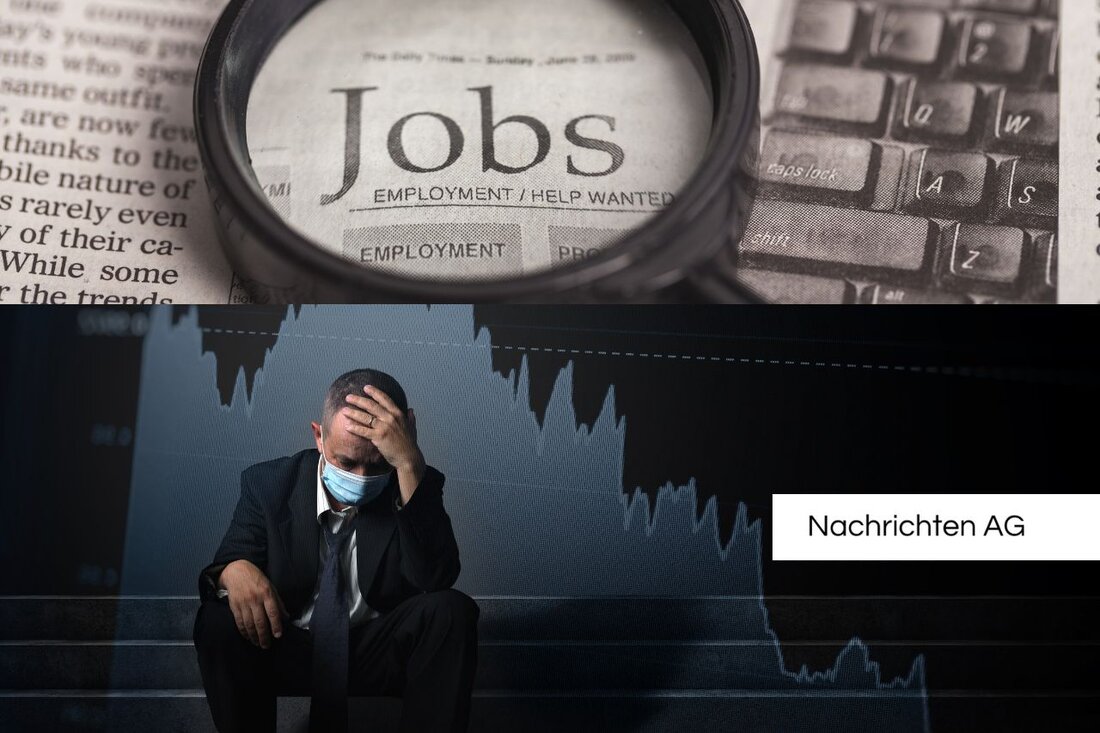Poverty report: Berliners fight with existence and isolation!
Poverty report: Berliners fight with existence and isolation!
Berlin, Deutschland - On June 27, 2025, the Senate Department for Labor, Social Affairs, Equality, Integration, Diversity and Anti-Discrimination (SenasGiva) published the first focus report as part of the integrated poverty and social reporting. The report entitled "Sertion of poverty from a subjective perspective" is devoted to the subjective experiences and perceptions of people in poverty in Berlin. The results are based on 20 detailed interviews that represent the complex problems of poverty and illuminate the concise but often overlooked effects on all areas of life of those affected.
One of the central knowledge is that poverty is not only a financial but also a social and psychological phenomenon. Poverty not only affects living, but also education, health, social contacts and people's participation in society as a whole. Senator Cansel Kızıltepe emphasizes that poverty feeds on a variety of factors, such as low professional qualifications and health restrictions. The situation of single parents who often have to deal with family stress is particularly alarming.
structural challenges
An essential aspect of the report is access to social support, which many people perceive perceived as bureaucratic and hindrance. Long waiting times, complicated procedures and stigmatization mean that some beneficiaries do not use any help. Despite the efforts to provide social infrastructure such as neighborhood centers, advice centers and social tickets, the report shows urgent need for action. Financial help and structural improvements are necessary to effectively help people in poverty.
Many of the interviewed participants live in cramped or poorly maintained apartments, which increases social isolation. Income is often only enough for the bare essentials: rent, food and medical care. Coping strategies such as expenditure planning or the purchase of second-hand goods are often used. Nevertheless, the restriction of participation in education, leisure and social life remains a great barrier.
social security as a human right
In the context of this topic, the discussion about social security systems is gaining in importance. According to the Federal Ministry for Economic Cooperation and Development, social security is a human right that is anchored in numerous international agreements, including the 2030 Agenda. Social security systems should protect people from poverty and individual risks in the curriculum vitae, for example through diseases, unemployment or old -age protection.
worldwide, 4.1 billion people, i.e. 53% of the population, have no access to social protection. Only 29% have adequate protection. The International Working Organization (ILO) emphasizes that vulnerable groups in particular are severely affected by crises if there are no social security systems. The ILO supports the structure of such systems that not only improve social and economic conditions, but also strengthen the resilience of the states.
The existing security networks reduce the number of people in extreme poverty worldwide by an estimated one third. Germany is actively involved in various programs to promote the expansion of social protection and to create crumporary jobs.
The information from the focus report of the SenasGiva can be viewed at this link . For further details on the social security of Germany and international standards, the website of the Federal Ministry for Economic Cooperation and Development as well as the DetailsOrt Berlin, Deutschland Quellen


Kommentare (0)